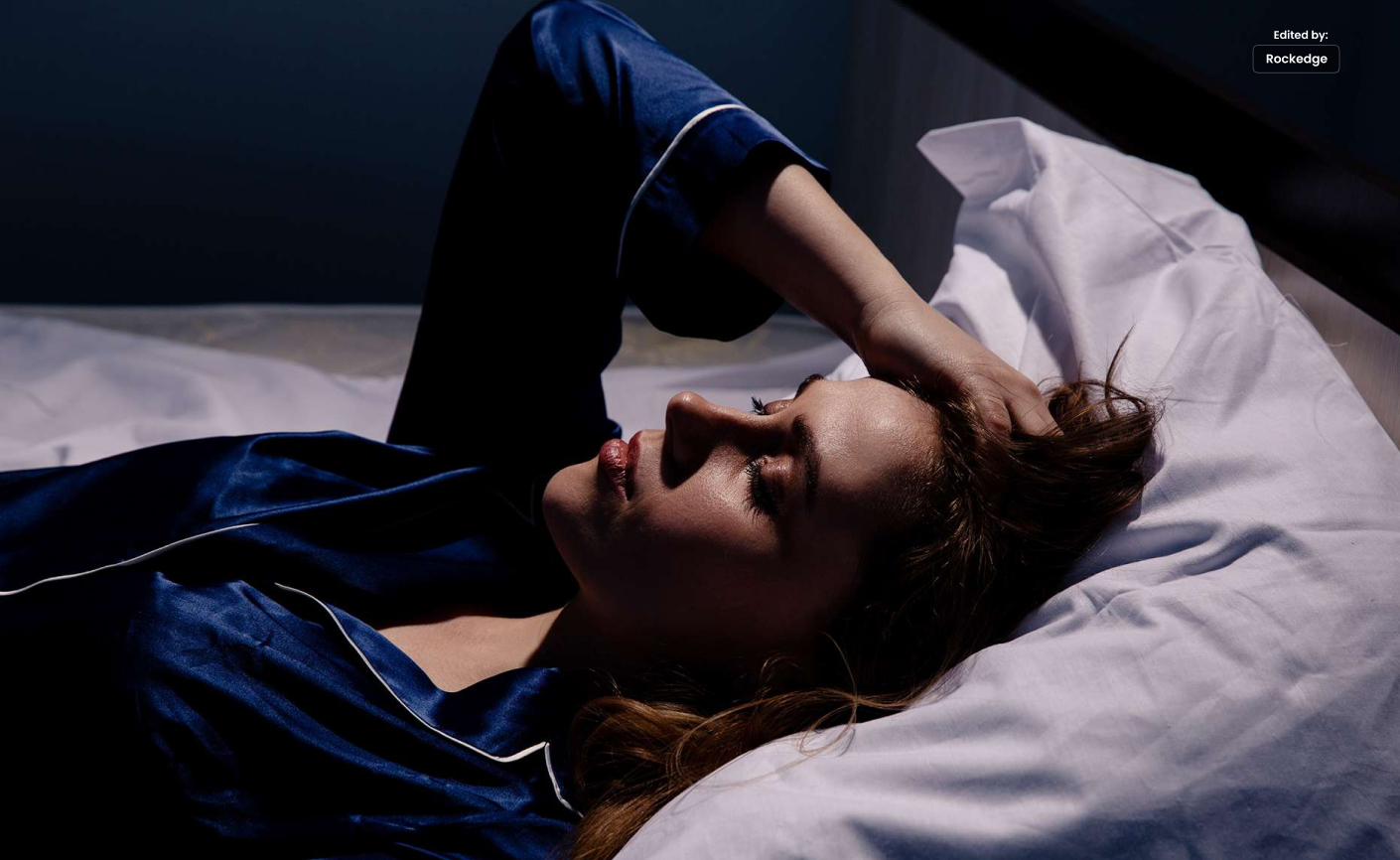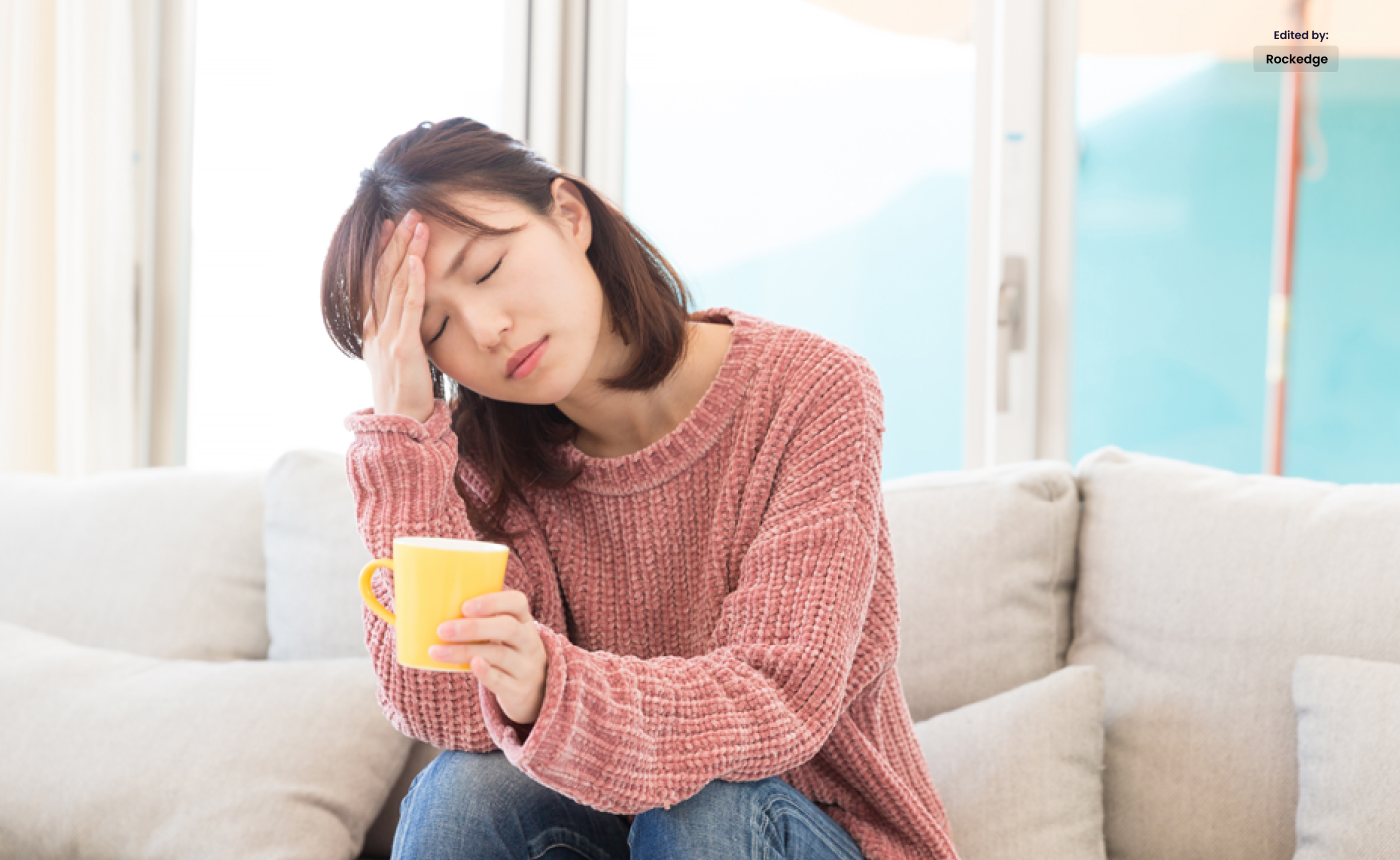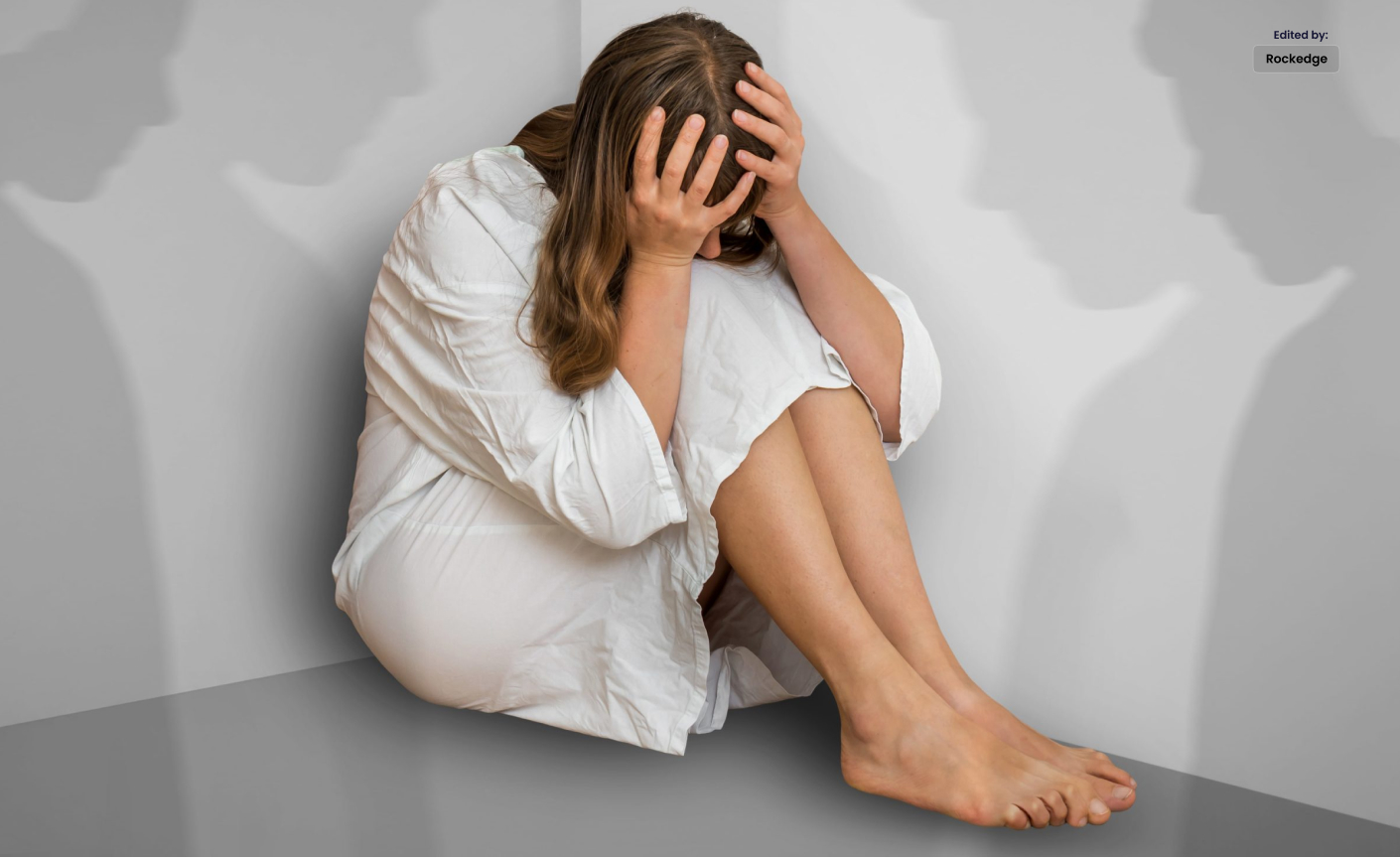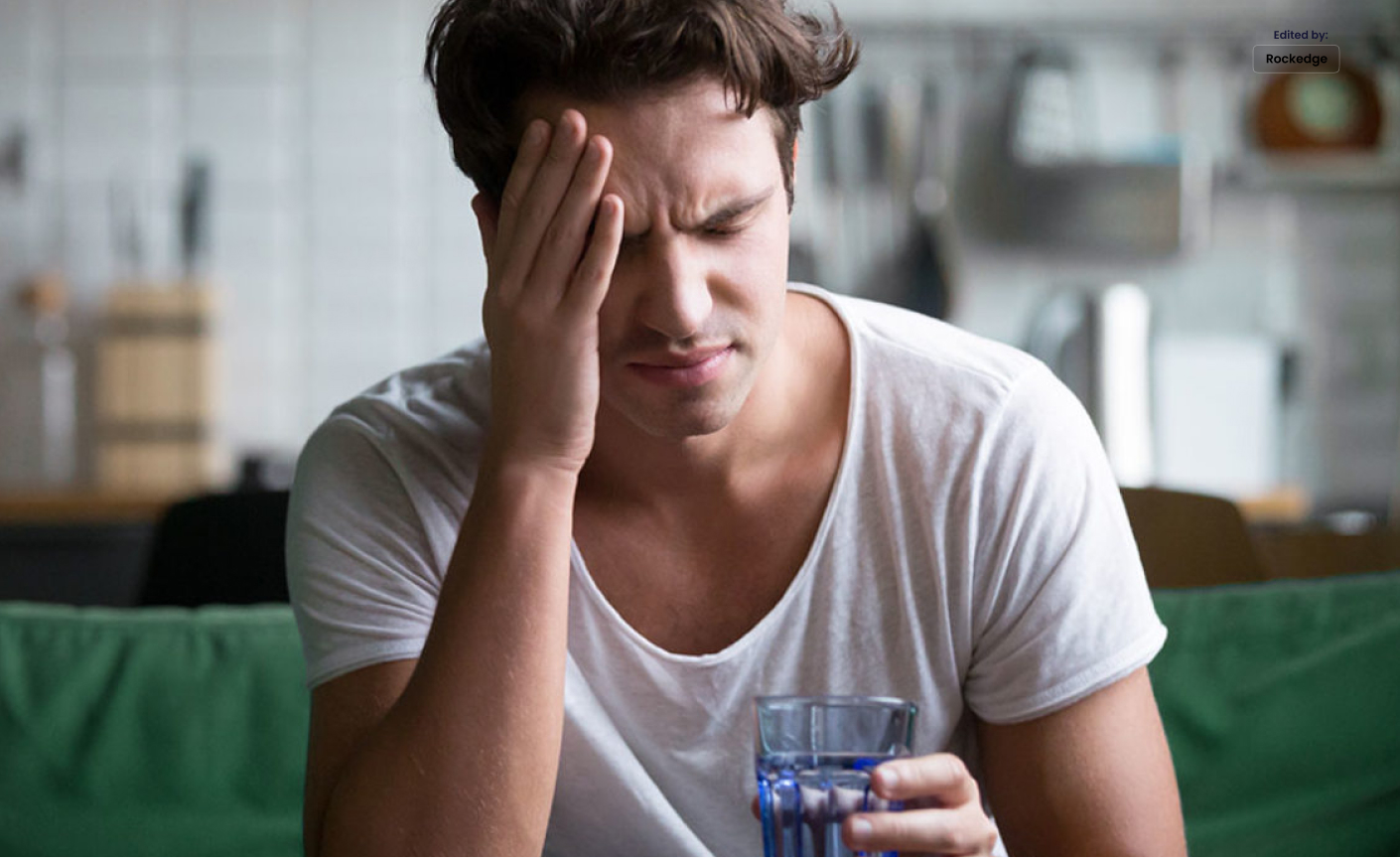Anti-anxiety med ease attacks, fear and worry associated with anxiety.
The term “benzodiazepines” refers to the most popular class of anti-anxiety medications, which can soothe anxiety and make it simpler to fall asleep.
They are also used to treat seizures and alcohol consumption, to generate drowsiness during surgery and other clinical operations, and as a muscle relaxant.
Sleeping pills, hypnotics, and mild anti – depressants are other names for benzodiazepines, they are the psychoactive medications that are most frequently prescribed worldwide.
Acquiring the benzodiazepine’s calming effects without medication:

Multiple methods of exercise, such as jogging, yoga, or tai chi, as well as lowering your stress levels and scheduling time for unwinding pursuits like meditation, reading, or taking a warm bath, can be beneficial.
Working out your issues while speaking with a therapist, family member, or trusted friend can also be beneficial.
These strategies ought to be utilize before benzodiazepines whenever it is practical to do so.
Benzodiazepines, however, can offer relief when non-drug alternatives are impractical or ineffective.
Benzodiazepines are safe and reliable medications if used as prescribed
However, they do have the potential to be abused and can be addictive.
They are often only postulate for infrequent or short-term use because of this.
Necessity of this medication:
The certain amount of anxiety or insomnia is a typical response to what is taking place in your life.

You might be stressed or worried, and oftentimes these emotions might keep you up at night.
These emotions typically fade fast and pose little threat
The issue arises when these sensations last over a longer period of time, cause extreme sadness, make you physically ill, and have an impact on your behaviour.
A difficult life event could cause this type of anxiety, and it can also be a sign of a mental health issue.
Several health issues might have an impact on a person’s ability to fall asleep and stay asleep all night.
These include mental health issues as well as chronic conditions that result in discomfort or breathing difficulties.
Health may suffer further when sleep is disturbed
Benzodiazepines can assist to alleviate symptoms, though since every circumstance is diverse, other alternative treatments can be necessary.
What are the consequences of benzodiazepines?
The receptor GABA, a component of the brain that promotes relaxation, is activated to a greater extent by benzodiazepines.
Moreover, their effects cause drowsiness, which makes it easier to fall asleep and sleep through the night.

Anti-anxiety drugs’ (benzodiazepine’s) side effects include:
Benzodiazepines often have minimal adverse effects, and when used in small amounts, they may not even be felt.
Common adverse effects include:
- Drowsiness
- Sedation
- Loss of balance
- Dizziness
Side effects that may occur at greater doses include:
- Confusion
- Hallucinations
- (Amnesia) short term memory loss
- Breathing problems
- Depression
Agitation, hallucinations, and nightmares are some potential side effects that are extremely infrequent.

Side effects may be lessened with a lower dose
It may be more difficult to do specific mental and physical tasks while using benzodiazepines, as well as to learn and recall new information.
Once the drug’s effects wear off, these talents resume their regular state.
Benzodiazepines can have some “hangover” effects after being used to aid in sleep, such as tiredness in the morning and during the day.
Several Anti-Anxiety Medications (Benzodiazepines):
In Canada, benzodiazepines come in a wide variety.
All benzodiazepines function in a similar manner, but the strength and duration of their effects differ.
The benzodiazepines clonazepam (Rivotril)*, alprazolam (Xanax), and lorazepam are most frequently used to treat anxiety disorders (Ativan).
Bromazepam (Lectopam), oxazepam (Serax), chlordiazepoxide (formerly branded as Librium), clorazepate (Tranxene), and diazepam are further medications utilized (Valium).
The benzodiazepines lorazepam (Ativan), nitrazepam (Mogadon), oxazepam (Serax), temazepam (Restoril), triazolam (Halcion), and flurazepam are used to treat insomnia (Dalmane).
Zopiclone is a further medication for insomnia (Imovane)
This medication shares negative effects and similarities with benzodiazepines.
Although zopiclone may be less likely to be abused than some benzodiazepines, it is nonetheless possible for someone to become dependent on this medication.
Benzodiazepines can be found as tablets or pills that are ingested orally.

Some are also offered as injection-ready solutions or sublingual tablets, which dissolve beneath the tongue.
* There are two ways to refer to medications: by their brand or trade names and by their generic names.
Here, brand names that are sold in Canada are enclosed in brackets. For instance, lorazepam and alprazolam (Xanax) (Ativan).
Commonly Asked Questions:
Can benzodiazepines lead to addiction?
Benzodiazepines have a low risk of addiction when used occasionally or continuously for a few weeks.
However, this risk rises if benzodiazepines are used often for longer than a few weeks, particularly if greater doses are used than usual.
People who have a history of substance misuse should avoid or use benzodiazepines sparingly since they are more likely to get hooked.
Strong desires for the drug’s effects, using more of it than is necessary, and persisting to use the substance despite any issues it may bring are all indications of addiction.
Physical Dependence:

Physical dependency is not a necessity for addiction to emerge
When benzodiazepines are used often over a protracted period of time, the body becomes accustomed to their use.
Physical reliance is what is meant here. Addiction and physical dependence are not the same thing.
- Tolerance and withdrawal are indicators of physical dependence.
Tolerance:
When the same dose of a drug, taken repeatedly, stops working as intend, it is said that a person has become habitual of it. It is recognize that benzodiazepines:
- Tolerance to the sleep-inducing implications may develop within a few weeks of frequent usages; even so, tolerance does not typically grow after only using it every now and then.
- It is less likely that tolerance to the anxiety-relieving impact will enhance.
- Tolerance to the impacts of one sort of benzodiazepine gives rise to acceptance to the impacts of other benzodiazepines as well as other prescription painkillers with similar consequences, such as alcohol.

To feel the same degree of impact as when they first started taking the drug, some persons who acquire tolerance may need to take greater and higher dosages of the substance.
It could be challenging for these persons to cease taking benzodiazepines.
Withdrawal:
Benzodiazepine withdrawal symptoms could resemble the conditions for which the medicines were initially prescribed.
The type of benzodiazepine taken, the dosage and duration of usage, and whether the drug is stopped suddenly all affect how severe withdrawal symptoms are.
Headache, inability to sleep, anxiety, tension, perspiration, inability to concentrate, tremor, sensory abnormalities, exhaustion, upset stomach, and loss of appetite are some symptoms.
Agitation, paranoia, delirium, and seizures are some of the severe withdrawal symptoms that may occur after long-term use of benzodiazepines at high doses.
After treatment is stop, withdrawal symptoms typically start within a few days and can last anywhere between two and four weeks.
How can I lower my dosage or stop using benzodiazepines?
Benzodiazepines are typically recommended to patients to ease their anxiety or to provide comfort while they wait for the effects of other treatments to kick in.
Most people may quit taking them without trouble or withdrawal symptoms when they are taken in this way, occasionally or regularly for a few weeks.
Even when use is brief, it might be difficult for some people to stop. The likelihood of problems is highest when:
- You still haven’t resolved the problems that led you to take these medications in the first place.
- There hasn’t been any more medicine or talk therapy begun.
What if I take benzodiazepines and also consume alcohol or coffee?
Alcohol and benzodiazepines can be harmful when taken together.

Alcohol’s effects are amplified by benzodiazepines, causing you to feel more tired, woozy, or lightheaded.
The likelihood of stumbling, falling, and suffering injuries as a result is enhanced.
Another is the heightened overdose risk. Breathing is regulated by the central nervous system, which is slowed down by both alcohol and benzodiazepines.
Breathing may cease with an overdose
Too much caffeine intake, such as more than four cups of coffee or six cups of tea per day, can have the opposite impact of benzodiazepines’ ability to reduce anxiety.
What if I use benzodiazepines while also using illicit drugs?
It is likely that you wish to feel less worried and have a decent night’s sleep if you are taking benzodiazepines to assist lessen the distress associated with a mental health problem.
The effects of street substances, such cocaine or marijuana, can exacerbate anxiety symptoms and disrupt sleep, making you feel worse rather than better.
It is risky and raises the risk of overdose and injury to use benzodiazepines to amplify the effects of other sedative medicines, such as opioids.
Will benzodiazepines impact my sex function and drive?
There is no conclusive proof that benzodiazepines affect sex drive or function in any way.
Is it okay to use benzodiazepines while nursing or pregnant?

Although it is unknown, there may be a very small chance that using benzodiazepines while pregnant will cause birth abnormalities.
If benzodiazepines are used often in the weeks leading up to delivery, the baby can be born sleepy or might experience withdrawal symptoms like restlessness and feeding issues.
Benzodiazepines can be transferred in trace amounts from the mother to the infant through breast milk.
The baby may become sleepy as a result of this
Consult your doctor about the dangers and advantages of continuing or quitting benzodiazepines if you are pregnant, nursing, or planning a pregnancy.
If your physician advises that you stop using benzodiazepines, the physician will work with you to gradually lower your dosage over time in order to prevent withdrawal symptoms.
Can teens and children use benzodiazepines?
Except for short medical procedures or to induce drowsiness before to surgery, benzodiazepines are not advised for usage by kids and teenagers.
When contemplating the administration of benzodiazepines to children, extra caution should be utilized because these medications may make kids agitated rather than tranquil.
Can elderly individuals take benzodiazepines?
Age causes an increase in sensitivity to benzodiazepine effects.
These medications increase the risk of falls, hip fractures, and car accidents in older persons by perhaps making them disoriented and reducing their muscle coordination.




